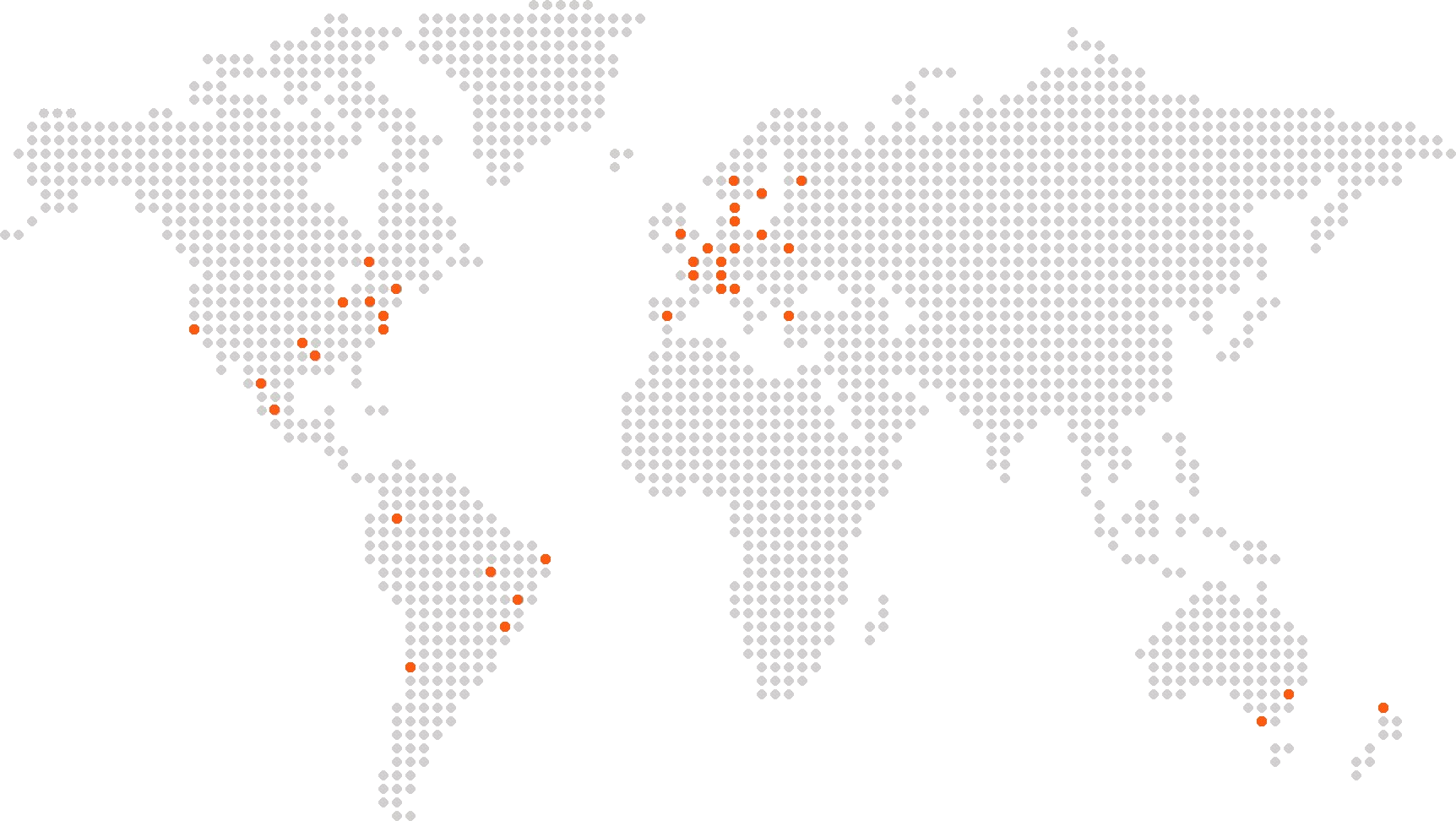By Jose J. Ruiz | Alder Koten | Gonzaga University
A third-degree dysfunctional leader will accelerate the dissolution or negatively affect the organization’s culture through direct or indirect negative influence.
In his book Cultures and Organizations: Software for the Mind Geert Hofstede (2010) defines culture as the unwritten rules of the social game (p. 16). Other authors define culture as the shared beliefs and values of members of an organization (as cited in Yukl, 2012, p. 5). Based on most accepted definitions, culture is the result of interaction and a social environment. Influenced but separate from an individual’s personality and personal beliefs. Therefore, organizational culture can be considered an alignment of beliefs and values brought together by a common goal. If we consider these definitions and multiple definitions of leadership, it can be stated that an important task of any leader is to shape the organizational culture. A good leader is a culture shaper. A dysfunctional leader is as culture dissolver. What I will explore in this paper is the impact of dysfunctional leadership, or the absence of leadership, in the culture of an organization.
Dysfunctional leadership
In his book Handbook of Leadership: A Survey of Theory and Research Stogdill (1974) concluded “there are almost as many definitions of leadership as there are persons who have attempted to define the concept” (p. 259). In the many definitions, a common theme is the exertion of influence over an individual or group. The positive or negative result of this influence, whether expected or unexpected, can allow us to classify an individual’s leadership as positive or negative. For the purpose of this paper dysfunctional leadership is defined as the negative leadership behaviors that result in the dysfunction of the group.
Organizational Culture Shaping
In their book The Leadership Challenge: How to Make Extraordinary Things Happen in Organizations Kouzes and Posner (2012) state that research confirms “Organizations with a strong corporate culture based on a foundation of shared values outperform other firms by a huge margin” (p. 74). This statement reinforces the notion that positive leadership behaviors that shape the organization’s culture must place a strong emphasis on aligning values. It also reinforces the notion that dysfunctional leadership that fails to create an agreement over fundamental values will clearly fail in the task of shaping a culture. “Leaders ensure that everyone is aligned through the process of affirming shared values–– uncovering, reinforcing, and holding one another accountable to what ‘we’ value.” (Kouzes & Posner, 2012, p.74).
Organizational Culture Dissolution
Organizational culture dissolution can be defined as the gradual misalignment of the shared and common values, behaviors, and beliefs. Dysfunctional leaders exhibit behaviors that result in negative influence that leads to misalignment. There are many ways for leaders to influence an organization’s culture both directly and indirectly (Yukl, 2012, p. 5). Direct negative influence can include failing to communicate and establish a clear common vision, failing to delegate properly, or failing to lead by example. Indirect negative influence can be exerted through inadequate organizational structures, inadequate compensation structures, or mismanagement of incentive systems, among other things.
The priority of shared values in the context of an organization’s culture is not necessarily the same as personal values outside of this context. An individual’s personality and personal beliefs can influence the shared beliefs and values of a group, but they are not one and the same. The alignment of shared values occurs under the umbrella of an external force such as a common goal. In the absence of an external force, the group will drift back to prioritizing personal values over shared values. Therefore, an argument can be made that the natural state of organizational culture is that of gradual dissolution. If we hold this as true, absent leadership can be considered dysfunctional leadership because of its negative effect on the culture of an organization allowing it to drift into dissolution.
Effect of Dysfunctional Leadership on The Organizational Culture
The effect of a dysfunctional leader on an organization’s culture can be classified as first, second, or third degree.
A first-degree dysfunctional leader will fail to shape the culture of their organization but may keep it from dissolving.
A second-degree dysfunctional leader will allow the culture of the organization to dissolve gradually in the absence of leadership.
A third-degree dysfunctional leader will accelerate the dissolution or negatively affect the organization’s culture organization through direct or indirect negative influence.
REFERENCES
Geert , H. (2010). Cultures and organizations: Software of the mind. (3rd ed., p. 16).
Schein, E. (2010). Organizational culture and leadership. (4th ed.). Jossey-Bass.
Stogdill, R. M. (1974). Handbook of leadership: A survey of theory and research. Free Press.
Kouzes, J., & Posner, B. (2012). The leadership challenge: How to make extraordinary things happen in organizations. (5th ed., p. 74). Jossey-Bass.
Yukl, G. (2012). Leadership in Organizations. (8th ed., p. 5). Prentice Hall.
About Alder Koten
Alder Koten helps shape organizations through a combination of research, executive search, cultural & leadership assessment, and other talent advisory services. Our recruiters and executive search consultants bring to the recruiting process an in-depth understanding of the market conditions and strategic talent issues faced by clients within their particular industry. Our leadership consultants provide advisory services that are crafted to be collaborative, responsive, pragmatic, and results oriented. Focused on expanding the capabilities of the organization through talent.





